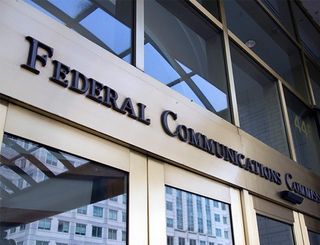GOP Leaders Pan FCC's Punt on Permanent Exemption

Republican House leaders were unhappy with the FCC's decision not to decide on whether small- and medium-sized ISPs should get a permanent exemption from enhanced transparency reporting requirements in the FCC's new network neutrality rules.
Systems of 100,000 subs or fewer got a temporary exemption as the FCC mulled the disparate impact of the new information collection and disclosure requirements on those small businesses.
In statements following the decision, the chairs of various FCC oversight committees and subcommittees weighed in.
"Permanent protection should have been an easy call, but the FCC fumbled it,” said Energy and Commerce Committee chairman Fred Upton (R-Mich.).
“Small businesses across the country have more than enough on their plate without the prospect of new regulations from unelected bureaucrats in Washington,” said House Small Business Committee chairman Steve Chabot (R-Ohio).
"It was smart to protect small businesses and consumers from these requirements in the first place," said Communications Subcommittee chairman Greg Walden (R-Ore.). "It’s time for the commission to make these temporary protections permanent once and for all.”
He said consumers would be hurt the most "as the smaller Internet service providers in Michigan and across the nation are forced to invest in compliance with the burdensome rules."
Broadcasting & Cable Newsletter
The smarter way to stay on top of broadcasting and cable industry. Sign up below
The FCC's Consumer and Governmental Affairs Bureau, which was delegated the decision, actually extended the exemption by a year, saying the FCC needed more information.
Currently neither small nor large ISPs have to comply with the new reporting requirements. That is because the Office of Management and Budget has yet to sign off on the new requirement per the Paperwork Reduction Act.
The Bureau also said that after the FCC gets that info, the decision on whether or not to grant a permanent extension should be made by the full commission.
Contributing editor John Eggerton has been an editor and/or writer on media regulation, legislation and policy for over four decades, including covering the FCC, FTC, Congress, the major media trade associations, and the federal courts. In addition to Multichannel News and Broadcasting + Cable, his work has appeared in Radio World, TV Technology, TV Fax, This Week in Consumer Electronics, Variety and the Encyclopedia Britannica.

